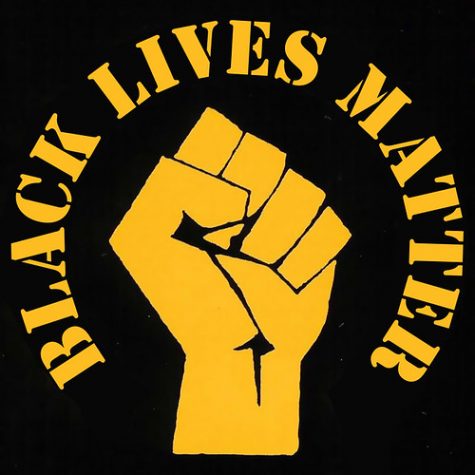South African Olympian arrested in murder case

South African Olympian Oscar Pistorius, known as “Blade Runner” for his artificial legs, was recently charged with murder in the shooting death of his girlfriend, model and activist Reeva Steenkamp, who was inside Pistorius’s home on Valentine’s Day.
Pistorius’s trial and Steenkamp’s death expose South Africa’s problems with gun violence, as well as the dark side of the media’s obsession with depicting women as sex objects, even after death.
Last year, Pistorius made history when he became the first double-amputee runner to compete in the Olympic Games. A few weeks after the London Olympics, Pistorius made history again, breaking a record at the 2012 Paralympic Games and winning the men’s 400. Pistorius quickly became a national hero in South Africa.
Following his murder charge, Pistorius’s reputation has been ruined. The once highly acclaimed and beloved sports champion has become a fallen hero.
Much of the discussion surrounding this tragedy has to do with South Africa’s high amount of gun violence. South Africa’s rate of gun ownership is ranked number 50th in the world, which is low compared to the United States, where there are 88.8 guns for every 100 people.
After a violent time period in the 1990s, South Africa enacted extremely strict firearm regulations that made obtaining firearms a difficult process. This process includes a police background check and a competency requirement, according to South Africa’s Channel 4 News.
However, South Africa ranks incredibly high when it comes to global gun homicides. More than 8,319 homicides occur per year in South Africa, according to The Guardian, and more than 45 percent of these homicides are attributed to firearms.
While gun homicides are rampant, crime rates are actually declining in South Africa, according to The Washington Post. Regardless, the country’s notorious history of murder, rape, and break-ins have prompted South Africans living in urban areas have private firearms for protection.
It has been decades since the end of the apartheid, but extreme instances of violence still occur in South Africa. Steenkamp’s murder and Pistorius’ subsequent trial further expose the high number of homicides due to gun violence.
Moreover, the fact that Steenkamp of all people fell victim to an act of gun violence is both tragic and ironic–Steenkamp herself advocated for women and spoke out against violence toward women.
What is worse is the media’s portrayal of Steenkamp. Few media outlets have emphasized Steenkamp’s activism, instead focusing on her other work as a swimwear model.
In fact, several media outlets–of varying credibility–seemed to focus mostly on Steenkamp’s body, even in the wake of her death. The Sun, a low-brow British tabloid, notably featured a picture of Steenkamp in a bikini, juxtaposed with sensational headline about her murder.
Women ought to be worth more than their bodies. Even though Steenkamp was a swimwear model, and that is a respectable profession, she also spoke out against violence. Steenkamp was brutally killed, and this is not the time to focus on her body.
Pistorius was a national hero in South Africa, so his arrest for murder is certainly a cause for concern. It brings to light the fact that our heros are not so perfect after all. But there are more disconcerting issues at hand: both gun violence and the media’s hyper-sexualization of women, even murder victims.







![According to a 1993 archive from Congressional Quarterly Almanac, “[Judge] Ginsburg was known as a restrained and fair-minded judge who did her homework and then some.” She was “considered moderate to conservative on criminal issues and business law,” relatively progressive “on issues such as free speech, religious freedom and separation of church and states,” and more liberal on “civil rights and access to the courts.”](https://www.hilltopviewsonline.com/wp-content/uploads/2020/10/VP-4RBG_CC-by-WFULawSchool-475x317.jpg)
